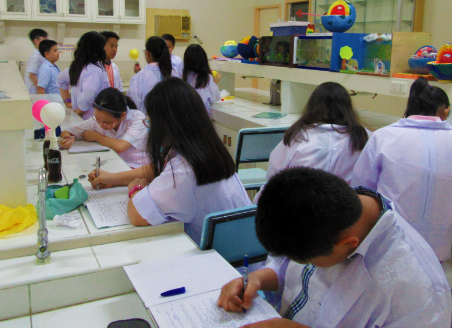How to work effectively while you are studying, here are some tips to help you balance work and academic responsibilities:
- Create a Schedule:
- Develop a realistic schedule that includes dedicated time for both work and study. Set specific blocks for work tasks and academic activities.
- Prioritize Tasks:
- Identify and prioritize your most important tasks for both work and study. This will help you focus on what needs to be done first.
- Set Clear Goals:
- Establish clear goals for both your work and academic responsibilities. Having a clear sense of what you need to achieve will keep you motivated.
- Use a Planner or Calendar:
- Keep a planner or use a digital calendar to track deadlines, work commitments, and study sessions. This will help you stay organized and manage your time effectively.
- Minimize Distractions:
- Create a focused study environment by minimizing distractions. Turn off unnecessary notifications, find a quiet place to work, and let others know when you need dedicated study time.
- Practice Time Management:
- Learn effective time management techniques. Break down larger tasks into smaller, more manageable segments and allocate specific time slots for each.
- Communicate with Employers and Professors:
- Communicate with your employer and professors about your commitments and workload. This can help manage expectations and allow for flexibility when needed.
- Take Breaks:
- Schedule short breaks during your study sessions to avoid burnout. Taking breaks can refresh your mind and improve overall productivity.
- Stay Organized:
- Keep your workspace organized. This includes both your physical workspace and your digital files. A clutter-free environment can help you focus better.
- Practice Self-Care:
- Prioritize self-care to maintain your physical and mental well-being. Ensure you get enough sleep, exercise regularly, and take time for activities you enjoy.
- Delegate When Possible:
- If applicable, delegate tasks at work or seek assistance from colleagues. This can help alleviate some of the workload, allowing you to better focus on your studies.
- Set Realistic Expectations:
- Be realistic about what you can accomplish. It’s important to set achievable goals and not overcommit yourself to avoid stress and burnout.
- Utilize Study Groups and Resources:
- Join study groups or take advantage of academic resources provided by your university. Collaborating with peers can enhance your understanding of course materials.
- Learn to Say No:
- Understand your limits and be willing to say no to additional commitments if it interferes with your ability to manage work and study effectively.
Remember that finding the right balance between work and study is a personal journey. Experiment with different strategies to discover what works best for you, and don’t hesitate to seek support from professors, colleagues, or mentors if needed.


















































